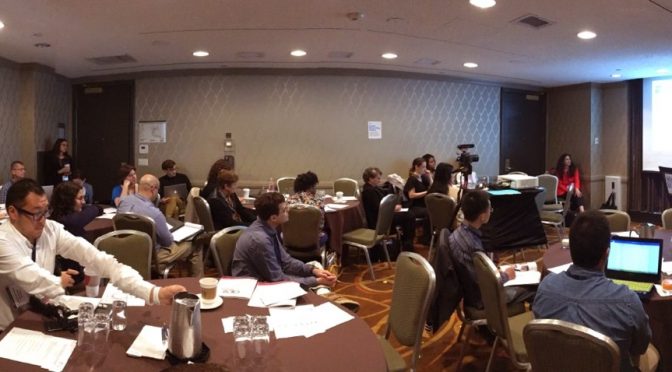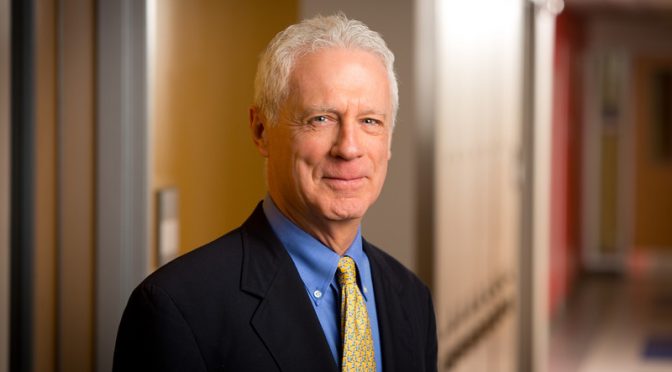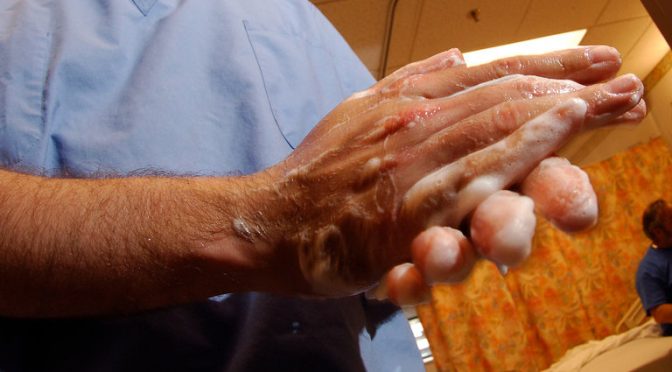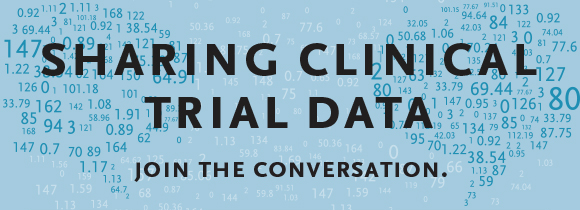
SOBC Workshop in May 2017 at the Annual Convention of the Association for Psychological Science in Boston
A dynamic workshop featuring the Science of Behavior Change (SOBC) was held at the Association for Psychological Science (APS) on May 25, 2017, in Boston. This pre-conference workshop was entitled “Bringing an Experimental Medicine Approach to Behavior Change Research: A Hands-On Introduction to the NIH Science of Behavior Change Program and Its Method.” The half-day event was organized by the Research Coordinating Center of SOBC with presentations and hands-on guidance provided by Dr. Donald Edmondson, the Director of the Center for Behavioral Cardiovascular Health at Columbia University Medical Center, and Dr. Jennifer Sumner, an Assistant Professor of Medicine at the same institute.








